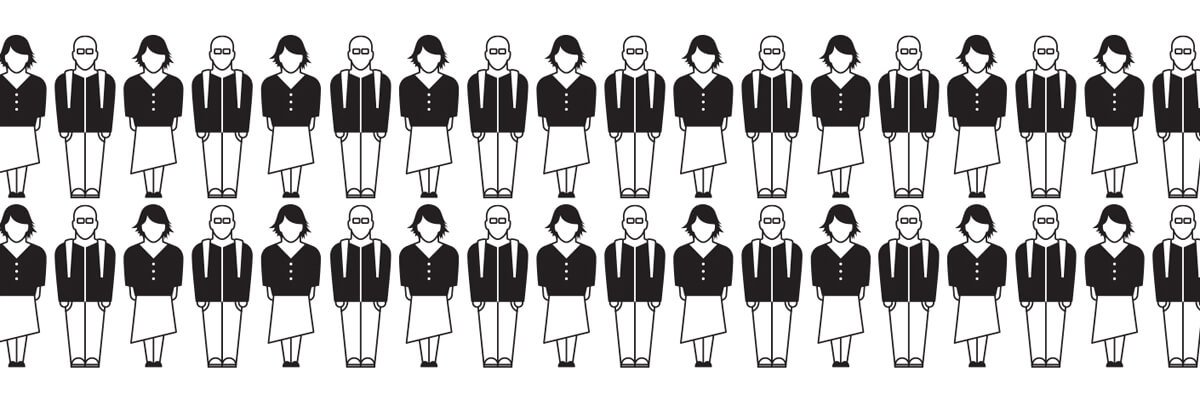My degree certifies me as an Electronics and Communication engineer. Because, like many others, I too fell into the ugly Indian trap of ‘job security’, where everyone truly believes that engineering and medicine are the only fields that offer stability. Unlike our parents, this generation has desires not confined by financial stability. We seek careers that satiate our hunger for artistic satisfaction and we are ready to go the distance to fulfil this endeavour of ours.

I am an eccentric and a rebellious kind of creative who feels smothered by routine and conformity. I tend to not follow trends and when I see that someone is trying to control me, it makes me angry and agitated. I know a lot of people who feel the same. Some make a conscious decision to not fall prey to the conundrum in their heads of what the society asks out of them and what they really want to be. They follow their gut feeling. Others, don’t.
So, like my peers, I set out to find that perfect job for myself. As a result, I have changed five jobs in a year and this is what I have learnt.

I have learnt that if you keep at it, you’ll get there: There is absolutely no substitute to persistence and hard work. Cliché much? Well, I can’t even help but repeat it.
Talk to yourself out loud: You may find it creepy but that is the best way to know what you’re actually thinking. What is even better is to record yourself talking and listening to it later. Self-exploration and analysis is important.
Accept reality: Crying is okay but finding a solution later is an absolute must. Crying doesn’t make anyone weak. Let your emotions flow freely. They form the base of your creativity. I might have cried more than I should have but I would like to blame the hormones for the same.
Networking is important: Creative industry functions through references. You have to be at the right place at the right time with the right person, so being lazy is not an option. Attend events, parties, meetups and get to know as many people as possible. Don’t forget to save their numbers.
Sell yourself on social media: This is the best way to get your work noticed. Create a Facebook page, an Instagram account, Snapchat your work in progress — document each and everything you’re doing — and create a following. This will help you get feedback and keep you motivated.
Follow your intuition: For a creative person, that should not be very difficult. The answer is usually always there. While it is great to listen to other people and look for sound advice, it is best to listen to one’s gut. If something doesn’t feel right, then it isn’t. You will do yourself a lot of good, by just following your intuition.
Arm yourself with these to fight the war for creative freedom: (These might sound a bit too obvious but you’ll be surprised how many of us get the basics wrong.)
(a) A one-page resume: Don’t leave anything out. Briefly mention all that you’ve done and fit it all in a page because no one is reading more than that.
(b) Cover Letter: You have to be creative and captivating from the first sentence. Make it sound like you, get to the point immediately and keep this one short too.
(c) Portfolio: Your portfolio should be a collection of your best work — the ones you’re proud of and been appreciated for.
(d) References: Find one. It really helps. Ask friends and family because even the slightest reference can help tilt the scale in your favour.

When was anything ever easy? Sticking to something you don’t love is not easy. Finding something you love, isn’t either. You have to choose your battle. I chose mine and now I’m here writing this piece on my first day at work. You could do the same. Or not. The choice is always going to be yours.

















